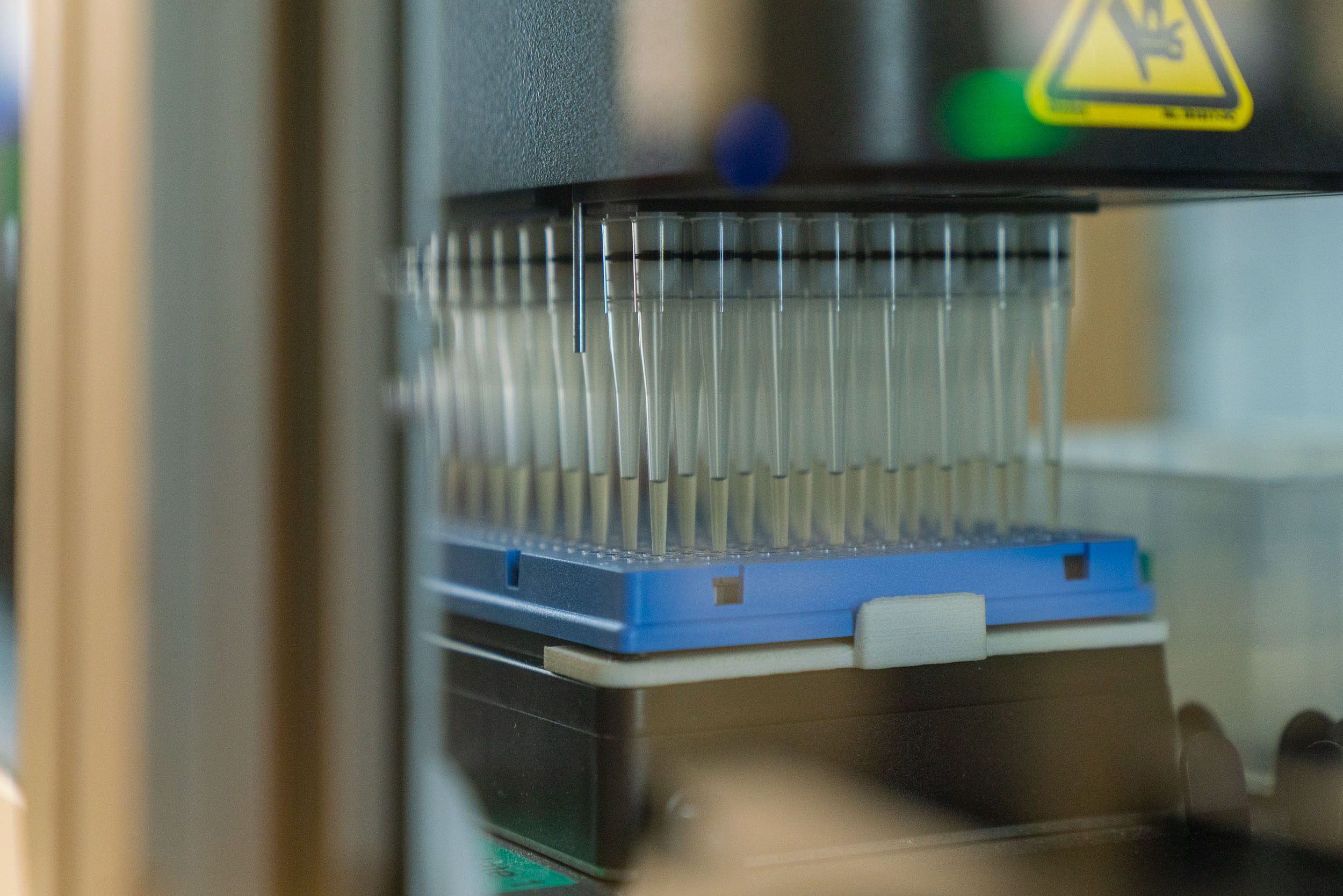Obesity constitutes a major health problem and is associated with increased amounts of adipose tissue. Furthermore, it induces excessive inflammation and oxidative stress and subsequently leads to the development of comorbidities such as non-alcoholic fatty liver disease (NAFLD), the most common chronic liver disease worldwide, which can progress into life-threatening diseases such as liver cirrhosis.
In this project, we are studying the family of the paraoxonase (PON) genes, which have anti-inflammatory and anti-oxidative properties. The gene family consists of three members (PON1, PON2 and PON3), which possess high levels of amino acid identity (60%). We investigate associations of clinical characterized obesity phenotypes with PON(1-3) genetic variants/polymorphisms, associated epigenetic DNA methylation variation and PON(1-3) expression in samples (i.e. blood, serum, adipose or liver) of clinical patient cohorts diagnosed with obesity, NAFLD/NASH, in relation to adverse pesticide exposure. Functional investigation of genetic-epigenetic regulatory crosstalk of PON(1-3) expression in response to pollutant exposure or following medical interventions will be further investigated in relation to biochemical parameters of obesity/liver steatosis/adipocyte differentiation in cell models in vitro as well as in zebrafish in vivo. As such, a better understanding of variable PON(1-3) regulation of obesity-associated traits by adverse obesogenic pollutants or healthy intervention strategies may offer new perspectives to prevent obesity and/or promote cardiometabolic health.
PhD student: Evelien Van Dijck
Promotors: Wim Van Hul, Wim Vanden Berghe, Dries Knapen & Sven Francque
